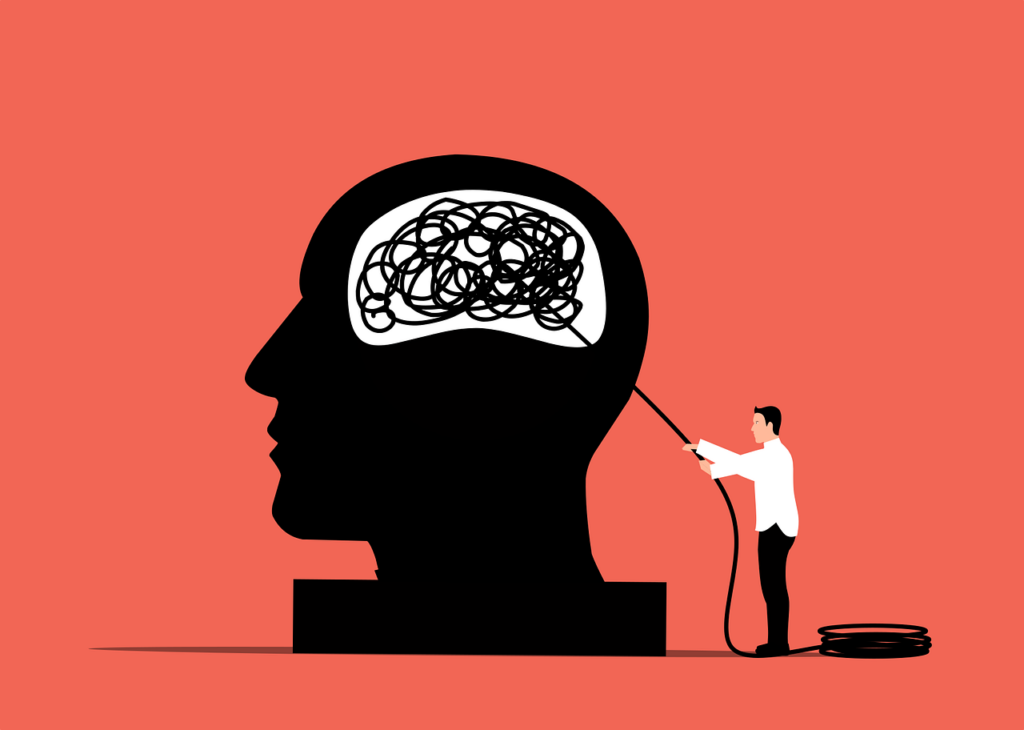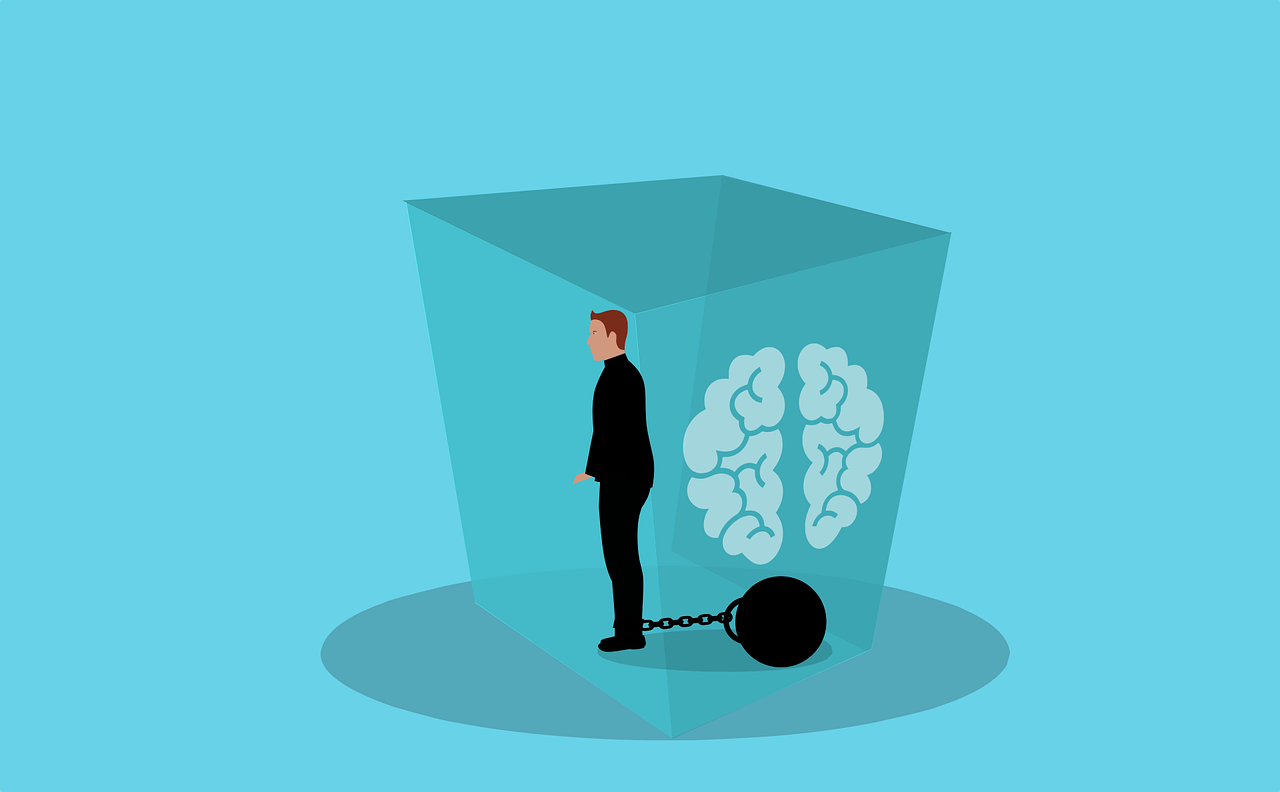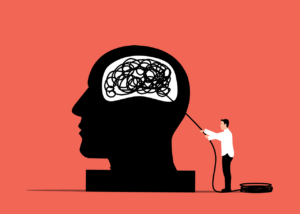In today’s fast-paced world stress and/or anxiety are commonplace and it’s easy for us to confuse stress for anxiety and anxiety for stress.
How come you may ask?
Well because both stress and anxiety can make us feel overwhelmed, and both of them can affect our day-to-day life too.
However, they are quite different in their origins, symptoms, and long-term impact, and so, because knowledge is power understanding these differences is an important key for you to be able to differentiate between them and thereby manage them effectively.
Stress and anxiety are natural emotional responses that occur when our body is in a fight or flight mode. In times of danger, our body and mind experience stress and anxiety which helps us stay focused, alert, and prepared to face the threat.
However, these emotional responses can often result and spiral into overwhelming feelings that can make them unmanageable.
The purpose of this blog is to share with and help you to understand the differences between these 2 different states, as well as listing their symptoms to help you understand how to deal with them in a beneficial way.

The main difference between stress and anxiety is that stress is usually caused by an external trigger(s), while anxiety can be present even when there is no obvious cause.
In other words, stress is “any demand placed on your brain or physical body”, or any event or scenario that makes you feel frustrated or nervous can trigger it.
Stress is a response to an external situation or demand, often short-term and happens when you feel overwhelmed or unable to cope with a specific challenge, such as a work deadline or a difficult conversation.
The good news is that Stress generally goes away once the situation has been resolved.
Anxiety is a feeling of apprehension, fear, worry, dread or unease in situations that are not actually threatening. While it can occur as a reaction to stress, it can also happen without any obvious trigger. Anxiety is more persistent and often doesn’t have a clear or immediate cause. It can persist even when there is no immediate threat or challenge and may lead to physical symptoms like restlessness, rapid heart rate, or trouble concentrating etc.
In short, stress tends to be linked to external factors and can be temporary, while anxiety often involves internal factors and can last longer, sometimes even becoming chronic.
Stress and anxiety often occur together. For example, prolonged stress can lead to anxiety, and individuals with anxiety disorders may experience stress about their anxiety symptoms. Both can affect our overall health if left unmanaged, leading to issues such as cardiovascular problems, sleep disturbances, or various mental health conditions.
Understanding the difference between them is important because it tells us how each one should be managed.
Stress and anxiety, though often used interchangeably, have distinct differences in their origins, symptoms, and impact.

Let’s take a deeper look at these differences:
STRESS ANXIETY
|
Triggers: Stress is usually a response to external pressures or demands. It arises from specific situations like work deadlines, financial problems, relationship issues, or major life changes (e.g., moving, illness) etc. The 5 most stressful life events are:
|
Triggers: Anxiety is often a response to internal factors like thoughts, fears, or perceptions of threat. It can arise even without a clear, external trigger. Anxiety is linked to fear about;
which often lead to a persistent feeling of worry or dread. |
|
Duration: Stress is often short-term and is directly tied to a specific trigger. Once the stressor is resolved or removed, the stress tends to subside e.g. you may feel stressed before a big presentation, but once it’s over, the stress usually diminishes. |
Duration: Anxiety tends to be long-lasting and can persist even when there’s no immediate stressor. While stress usually has a clear cause, anxiety can feel like it comes out of nowhere or be generalised (Generalised Anxiety Disorder – GAD), where worry is present most of the time without a clear focus. |
|
Physical Symptoms: Stress can manifest physically, with symptoms like:
|
Physical Symptoms: Anxiety can produce similar physical symptoms as stress, such as:
However, these symptoms are often more intense and can occur in the absence of a direct threat. |
|
Psychological Symptoms: May include feelings of frustration, irritability, or overwhelm, but these feelings generally disappear once the stressful situation is dealt with. |
Psychological Symptoms: Anxiety tends to manifest as excessive worry, apprehension, and a sense of impending doom. Unlike stress, which is usually temporary, anxiety can linger, even without a direct cause. Symptoms include:
|
|
Function: There are times when Stress can at times be helpful. It motivates us to complete a task, stay alert, be productive and successful. This is often called eustress (positive stress). However, prolonged stress without relief leads to distress, which can harm mental and physical health. |
Function: Anxiety is less likely to have a positive function. While mild anxiety can sometimes help alert you to potential danger, chronic anxiety can become debilitating and interfere with daily life. It can develop into anxiety disorders, such as:
|

Be rest assured though (which may be of some comfort to you) we all, at sometime or other in our lives, will experience Stress and/or Anxiety so If you are struggling to cope, or your symptoms won’t go away, it may be time to talk to a professional.
Understanding what causes or triggers you, and being taught techniques that work perfectly for you, will help reduce your symptoms, improve your daily life and put you back in control.
Techniques such as Time Management, Relaxation & Breathing Exercises, Problem-solving, Hypnotherapy, NLP, Transformational Life Coaching, Talking Therapies (also known as Psychotherapy), Mindfulness and Bilateral Eye Movement, (EMDR / NNRT),
are the main treatments for Stress and Anxiety, especially if you find your Stress/Anxiety
- Interferes with your everyday life.
- Causes you to avoid doing things.
- Always seems to be present.





